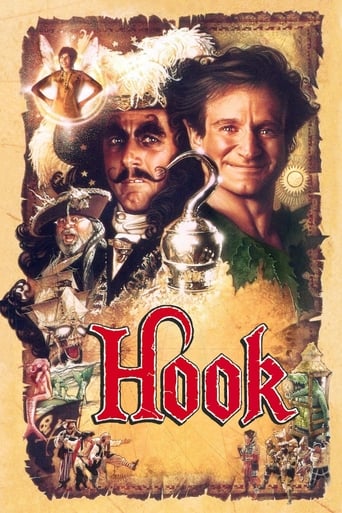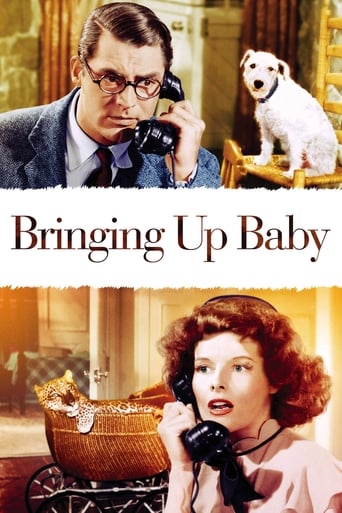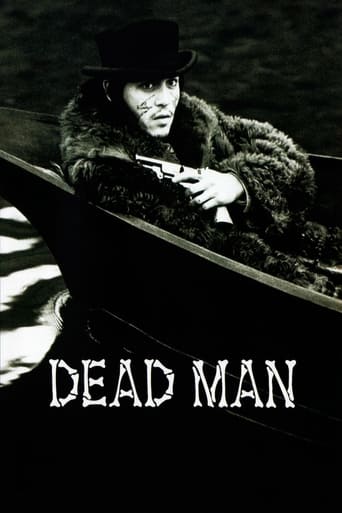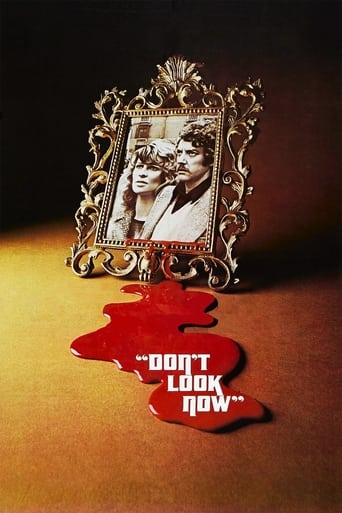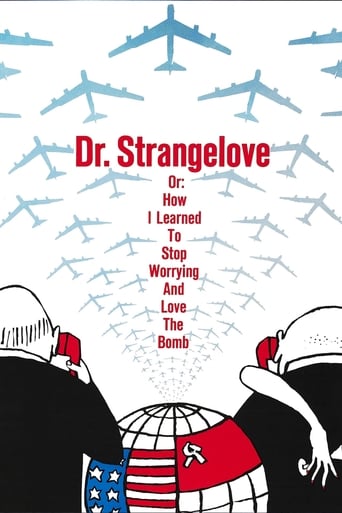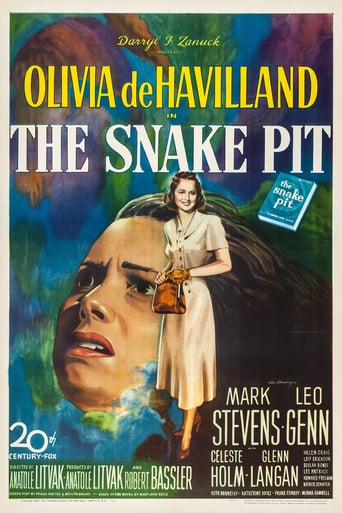
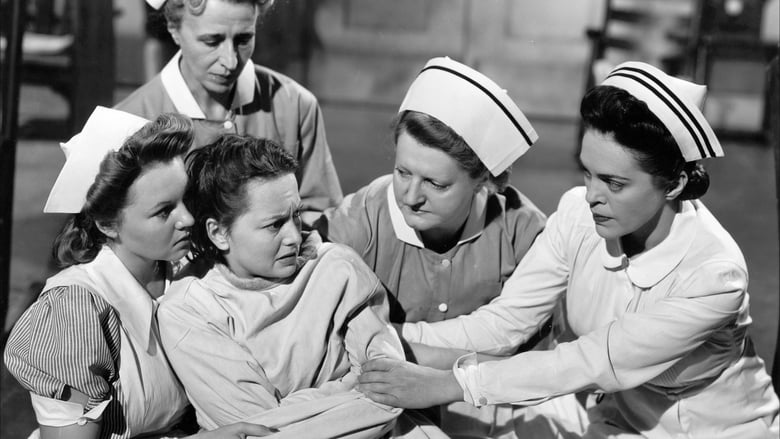
The Snake Pit (1948)
Virginia Cunningham is confused upon finding herself in a mental hospital, with no memory of her arrival at the institution. Tormented by delusions and unable to even recognize her husband, Robert, she is treated by Dr. Mark Kik, who is determined to get to the root of her mental illness. As her treatment progresses, flashbacks depict events in Virginia's life that may have contributed to her instability.
Watch Trailer
Cast



Similar titles
Reviews
Well-intentioned film, merit in the way it shows us what psychiatric institutions were like at the time and the fantastic performance of Olivia De Havilland, in the role of Virginia. However, the film fails in how it "solves" the problem of Virginia's disease. After all, even excessive, sequences of Virginia's forgetfulness and confusion, her "cure" is resolved abruptly, very "in haste," and unconvincing. It was worth the director little ability to give credibility to Virginia's improvement through Dr. Kik's psychoanalysis. It was all very fast, the previous development of the film, sometimes even too slow, did not leave this anticipation so fast and implausible based on 1 or 2 flashbacks from when Virginia was a child. Still, a movie that deserves to be seen by the virudes I mentioned above.
This film runs like a long infomercial for Freudian psychoanalysis. Olivia de Havilland looks wonderful, and innocent, even in her times of psychotic stress. Nowadays, and I suppose back then as well, films with an actress suffering, and being brave enough to not look her best, is serious Oscar bait. It seemed to have snagged Ms. de Havilland a nomination but not a win. Over the whole film, the plot is facile, with the utterly predictable story arc. Sometimes the other inmates are portrayed realistically, and at others, their spirit of cooperation should get them their release. Mental hospitals were, and are, depressing places, probably necessarily so, but these days, with the refusal to commit extremely sick individuals, policy does not serve well the sick people or society at large. I'm not sure there exists a good solution.
This was a disturbing movie to watch even though it seemed to have a happy ending. At the time I first saw the movie in the 1960's, I had a friend who was in a mental ward briefly and the scenes were frightening realistic with the characters portrayal and the prevalence of shock therapy While it is true the ending was over the top with the "Going Home' sequence, the message of hope was uplifting and was counter to the stark hard to watch struggles of daily life in the hospital. How anyone got better at all was a miracle. At least they tried to make sure the discharged patient had someplace to go unlike 'Swing Blade' where Billy Bob Thornton was just sent on his way even though he was potentially violent.
Before Jack Nicholson and 'The Cuckoo's Nest', there was Olivia De Haviland in 'The Snake Pit'.Released in 1948, this was a daring effort to disclose the bleak and terrifying world of mental illness and the inadequate institutions within which sufferers were interned. As in 'Cuckoo's Nest', there was even a malignant, tyrannical nurse preying upon the inmates' indispositions; here competently played by Helen Craig.Olivia De Haviland is a tour-de-force as someone trapped in a system that is almost exclusively self-accountable and is therefore a law unto itself. Nobody really wants to know. Mental illness is either too embarrassing or too terrifying to address. Shut 'em all away. Doctor knows best. What's more alarming is the fact that this movie is based upon a true story. Criminal Institutions still receive better funding.Halfway through the 20th century things had barely advanced beyond the Victorian times. Sadly; things haven't improved much further since. A recent visit (making a delivery) to a facility in St Pancras Hospital in London was scarcely less terrifying than the events portrayed in this work.This is a must-see movie, and not just for entertainment. People need to be aware of what may await their relatives or themselves if the medical profession decides that your condition is chronic.






